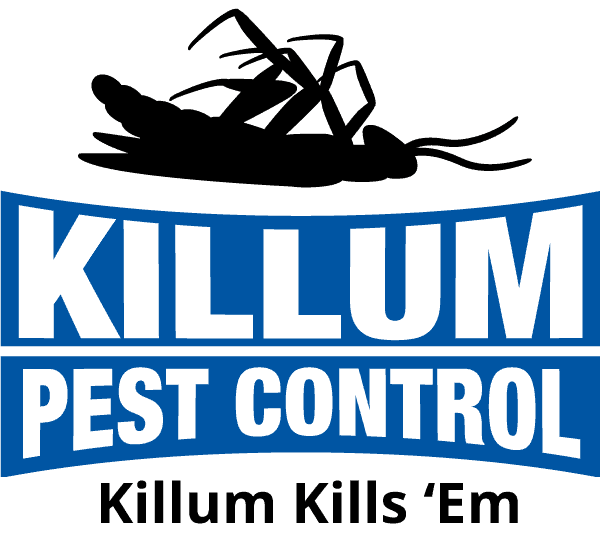When it comes to running a Texas food processing facility, there’s a lot that goes into ensuring things run smoothly. You’re juggling quality control, staff management, health and safety regulations, and a million other tasks. But let’s talk about something that often flies under the radar until it’s too late—pest invasions.
They’re more than just a minor inconvenience. Pests are a serious threat to the integrity of your food products, causing contamination, potential health hazards, and even significant financial losses. So, how do you keep these unwelcome guests at bay?
Whether it’s those ridiculously hard-to-catch cockroaches, or those sneaky rodents, we’re going to delve into the different types of pests common in Texas and how you can effectively defend your facility against them. We’ll explore up-to-date pest management strategies and share practical tips that can be integrated into your daily operations.
Protecting Your Texas Food Processing Facility from Pests
1. Identifying Potential Pest Threats in Food Processing Facilities
Being aware of the common pests that pose a risk to food processing facilities is critical for developing targeted control and prevention strategies. In Texas, the most commonly encountered food industry pests include:
- Rodents: Rats and mice can cause significant damage to equipment, packaging materials, and the building structure itself, while also contaminating food products with pathogens.
- Cockroaches: These resilient pests can spread bacteria and illnesses through food products, equipment, and surfaces, creating serious health risks for consumers.
- Stored product pests: Indian meal moths, flour beetles, and weevils can infest and damage raw materials, finished products, and packaging, undermining the quality and safety of your products.
- Flies: Associated with poor sanitation, flies can transmit disease-causing microbes by landing on food products and surfaces, posing a health hazard to consumers.
2. Implementing Integrated Pest Management (IPM) Practices in Food Processing Facilities
Integrated Pest Management (IPM) is a holistic approach to pest control that emphasizes preventive measures, environmental modifications, and targeted treatments to minimize the need for chemical pesticides. IPM practices for food processing facilities include:
- Inspection and monitoring: Regularly inspect areas within and around your facility for signs of pest activity, keeping detailed records to help identify trends and problem areas.
- Sanitation and housekeeping: Enforce strict cleaning and sanitation protocols, including daily inspections of processing equipment, proper food waste disposal, and eliminating standing water sources.
- Exclusion and maintenance: Address any structural vulnerabilities that may allow pests access to your facility, including sealing gaps, fixing damaged doors and windows, and screening vents.
- Biological and targeted controls: When necessary, employ targeted treatments and non-chemical solutions, such as traps, insect growth regulators, and biological controls like pheromones, to manage pests in a sustainable and environmentally friendly manner.
3. Establishing Proactive Pest Prevention Measures for Food Processing Facilities
Preventing pest infestations is key to protecting the safety, quality, and reputation of your food processing business. Implement these proactive measures to minimize pest activity:
- Employee training and awareness: Train staff members to recognize signs of potential pest activity and educate them on proper reporting procedures. Encourage a company-wide commitment to sanitation and pest prevention.
- Proper food storage and handling: Store raw ingredients and finished products in sealed, pest-proof containers. Maintain strict guidelines for handling and storing food materials and monitor storage areas for signs of pests.
- Facility maintenance: Regularly inspect and maintain structures, equipment, and landscaping to minimize potential pest harborage and entry points. Implement a strict sanitation schedule for processing lines and worker stations.
4. Collaborating with a Trusted Pest Control Provider in the Food Industry
Working with a professional pest control company like Killum Pest Control, Inc. can make a significant impact on the success of your pest management strategy in the food processing sector. Advantages of partnering with an expert pest control provider include:
- Customized pest management plans: A professional pest control company will develop a tailored pest management plan that caters to the specific needs and challenges of your food processing facility, ensuring the most effective solutions.
- Routine inspections and treatments: Schedule regular facility inspections and preventive treatments with your pest control partner, ensuring consistent control and early detection of potential issues.
- Regulatory compliance: An expert pest control provider can help you maintain compliance with food safety regulations, offering guidance regarding proper documentation and record-keeping, as well as the implementation of IPM practices.
Effective Pest Management Techniques for Texas Food Processing Facilities
Remember, pests are not just a nuisance; they pose serious threats to the safety and quality of food products, and can wreak havoc on a facility’s operations and reputation. As the area’s top provider of residential and commercial pest control services in Texas, Killum Pest Control, Inc. is committed to helping food processing facilities navigate the unique challenges of industry-specific pest control demands.
Our team of seasoned professionals is ready to work closely with you to develop a comprehensive pest management strategy suited to your specific needs. Contact Killum Pest Control, Inc. today and take the first steps toward maintaining a safe, clean, and pest-free food processing facility.





